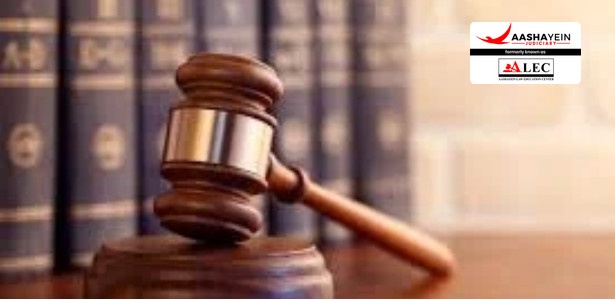Introduction
The landmark case dealt with the conflict between individual property rights and state intervention in business operations, specifically in the motor transport sector. The case questioned whether state legislation could curtail individual rights, including the right to conduct business, for the greater public good. This case is a significant reflection on the limits of state power under the newly adopted Indian Constitution, balancing public welfare against individual freedoms.
Facts
The case arose from the enactment of the C.P. & Berar Motor Vehicles (Amendment) Act, 1947, which extended governmental control over the transportation industry in Madhya Pradesh. The appellants, private motor transport service providers, challenged the constitutionality of the Act, arguing that it violated their fundamental rights under Article 19(1)(g) of the Indian Constitution, which guarantees the right to carry on any occupation, trade, or business. The amendment enabled the government to take sweeping measures, including setting fares, revoking permits, and restricting the issuance of permits to government-affiliated entities, effectively restricting the operation of private transport companies.
The appellants, operating under permits granted by the Motor Vehicle Act, 1939, had been providing motor transport services in the region. The government’s intervention through the 1947 amendment had a significant impact on their business operations, leading them to challenge the law as unconstitutional.
Issues
- Whether the amendment violated Article 19(1)(g), which guarantees the right to carry on any trade, profession, or occupation?
- Whether the pre-constitutional laws, specifically the C.P. & Berar Motor Vehicles (Amendment) Act, 1947, were rendered void upon the adoption of the Indian Constitution in 1950?
- How should the term "void" under Article 13(1) of the Indian Constitution be interpreted? Does it mean the entire Act is nullified, or only the parts inconsistent with the Constitution?
You can also read the Blog by visiting [Blog]
For more information, visit [Aashayein Enquiry Section]
Contention of the Petitioners
The petitioners, led by Bhikaji Narain Dhakras, argued that the C.P. & Berar Motor Vehicles (Amendment) Act, 1947, infringed upon their fundamental rights under Article 19(1)(g), which grants every citizen the right to carry on any occupation, trade, or business. They contended that the nationalization of motor transport services by the state was an unreasonable restriction on their business activities.
They further argued that the pre-constitutional law should be considered void to the extent that it conflicted with the fundamental rights under the new Constitution, as per Article 13(1).
Contention of the Respondent
The respondent, the State of Madhya Pradesh, defended the C.P. & Berar Motor Vehicles (Amendment) Act, 1947, asserting that the state had the right to regulate motor transport services for public welfare and convenience. The state argued that the law did not violate Article 19(1)(g) as it was enacted in the interest of public policy and was a reasonable restriction on the exercise of individual rights for greater societal benefit.
The state also contended that the provisions of the C.P. & Berar Act were constitutional, as they aimed to control transportation in the interest of public welfare, which justifiably limited individual business operations.
Court Analysis
The Supreme Court analyzed the case from both constitutional and legal perspectives, focusing on the fundamental rights guaranteed by the Indian Constitution. The Court examined Article 19(1)(g) and the restrictions placed by the C.P. & Berar Motor Vehicles (Amendment) Act.
The Supreme Court upheld the constitutionality of the C.P. & Berar Motor Vehicles (Amendment) Act, 1947, finding that it did not violate the petitioners' fundamental rights under Article 19(1)(g). The Court ruled that the government could impose reasonable restrictions on business operations in the interest of public welfare. It also concluded that pre-constitutional laws would continue to exist, subject to constitutional scrutiny for consistency with fundamental rights. The case emphasized the balance between individual freedoms and state power in the context of a developing nation.
Conclusion
The judgment affirmed that the right to trade and business under Article 19(1)(g) is subject to reasonable restrictions imposed by the state. Furthermore, the case highlighted the role of constitutional scrutiny in evaluating the validity of pre-constitutional laws, reinforcing the idea that such laws must align with fundamental rights.
This decision remains a pivotal example of how Indian jurisprudence balances individual rights with the larger public interest, and it continues to inform the scope of state intervention in private businesses, especially in sectors critical to public welfare

